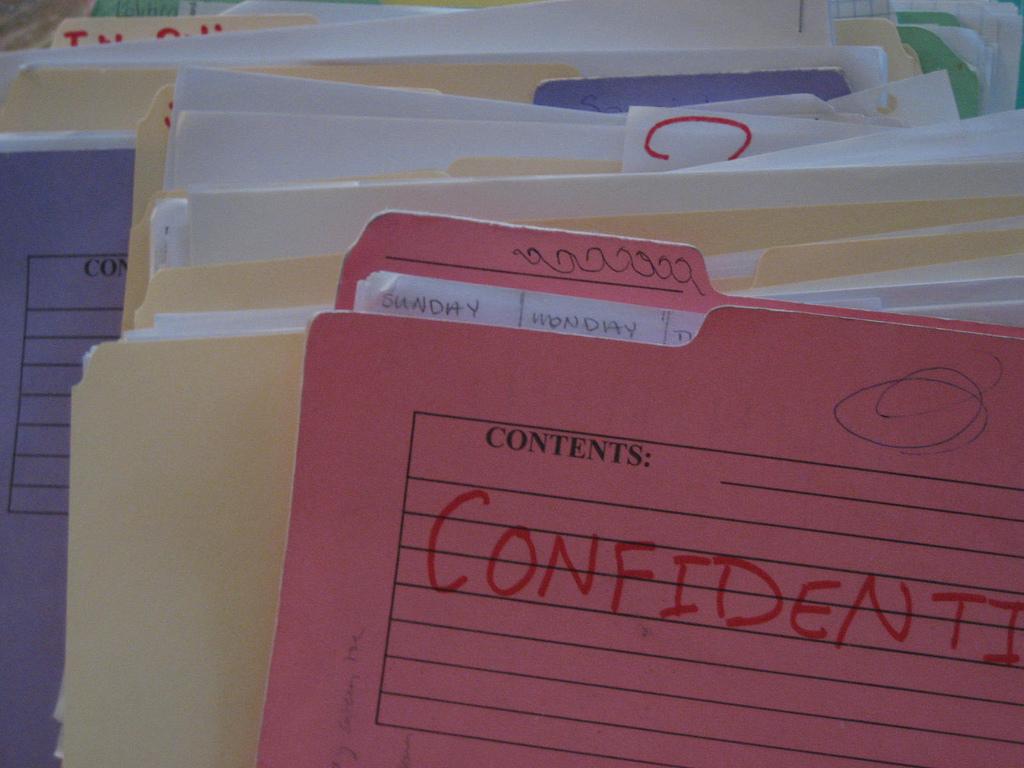How Much Do Student Workers Know?
Confidentiality Agreements Examined
June 3, 2011

Published: April 17, 2008
“A few weeks ago, a friend who works in the health center told me about a peer who contracted an STD,” said a student who declined to be identified for this article. “We sat around and talked smack about him for a bit and other possible carriers of the disease.”
According to Kathleen Malara, director of health services at Fordham College at Lincoln Center (FCLC), student workers sign a confidentiality agreement upon accepting their assignment in health services. No student can open a patient’s chart, they can only pull the chart from a cabinet and re-file it, she said. Many other offices also require student workers to sign confidentiality agreements.
However, The Observer has learned that, in practice, student workers have access to students’ private health records and financial records and do not always keep that information confidential.
According to a former employee who supervised student workers in a Fordham office and who declined to be identified, the confidentiality forms that student workers sign are “as strict as anything you’ve ever signed about privacy rights.” The employee added that he held meetings with student workers to remind them about the privacy agreements, and that the information they were dealing with was “sensitive information and not to be shared outside of the office.”
He also added that students working in the Enrollment office could see everything that administrators could see from grades to academic records; student workers in Financial Services would know their peers’ GPAs and how much money their parents make, and student workers in the Admissions office could read essays that their peers wrote to get into college.
“The nature of the job is that students have access to see things,” he said. “If I give a student a file to put away, ideally they are supposed to take the file and not look, but I can’t guarantee they wouldn’t peek into the file… We try to set limits and enforce them, but what students do outside of the office is out of my control.”
Keith Eldredge, dean of students at FCLC, said there is a university-wide agreement that was drawn up through Fordham’s legal counsel, that student workers must sign if the department in which they are working requests it. The Office of Residential Life, the Office of Student Leadership and Community Development, Health Services and Disability Services all utilize the student statement of compliance with confidentiality.
According to the student confidentiality statement, students working in an office that requires them to sign “may have access to confidential information and educational records which contain personal identifiable information, the disclosure of which is generally prohibited by the Family Educational Rights and Privacy Act of 1974 (FERPA).”
An FCLC graduate, who declined to be identified and who worked in Financial Services, did not remember signing any written agreement of confidentiality, but rather had a verbal agreement to not disclose any information about students that may have been seen in their records.
“I looked myself up to see how much info they had on me,” the student said. “But I didn’t go into random students saying, ‘Oh she didn’t do great on the SATs.’” The files that the student worker was able to see in Financial Services included classes that students were enrolled in, those who have enrolled and matriculated or not matriculated, and all financial information about a student’s family, including family income and any financial aid that a student receives.
Jeremy Hood, FCLC ’08, who used to work in the Instructional Technology Academic Computing (ITAC) computer lab as a part of work study said that student workers should be limited to where they are allowed to work. “I worked in the computer department and there’s nothing in there that could allow me to infringe on anyone else’s rights, whereas [a student worker] in the health center or financial aid has access to that information,” Hood said. “Perhaps the solution would be only allowing graduate students who get work study to work there because they are more removed.”
In a case in which it was found that a student had breached confidentiality; for example in the health center, the student “would be let go from working in [health services] and referred to Student Affairs for a judicial hearing,” Malara said.
But as The Observer went to press, the student worker was still working at the health center because the identity had not been disclosed.
“All my time [at Fordham] I’ve only been involved with one student who had to be let go for breaching information,” Eldredge noted. “It was more something that they had access to that involved their own information—they took advantage of their position to help themselves along.”
How much is the confidentiality agreement enforced from department to department? Amanda Vega, FCLC ’08, who worked in the office of Residential Life from 2004 to 2005, said that “it depends on how sloppy” the director or assistant director is.
“I remember when [students were] getting [in trouble for drinking] alcohol, if [the director] had the file, she would be the one to put it away.” Vega said that the assistant director at the time would hand off the file to a student to put away.
Vega added that in addition to judicial issues with students living in McMahon Hall, student workers knew about some psychological issues that a student in McMahon might have that is documented. “If a student living in the dorms had a problem that Res. Life knew about, like depression, [and] they were a detriment to themselves, yes we would know about it,” she said. “If you knew something was going on, you could easily find out whatever you wanted to.”











